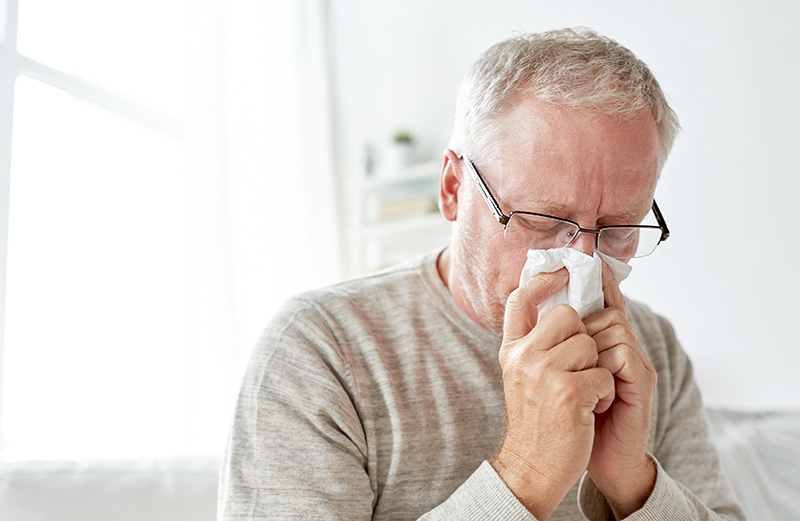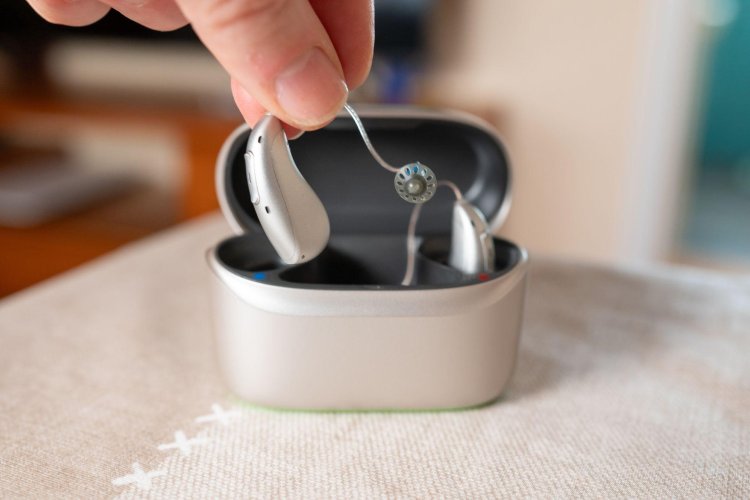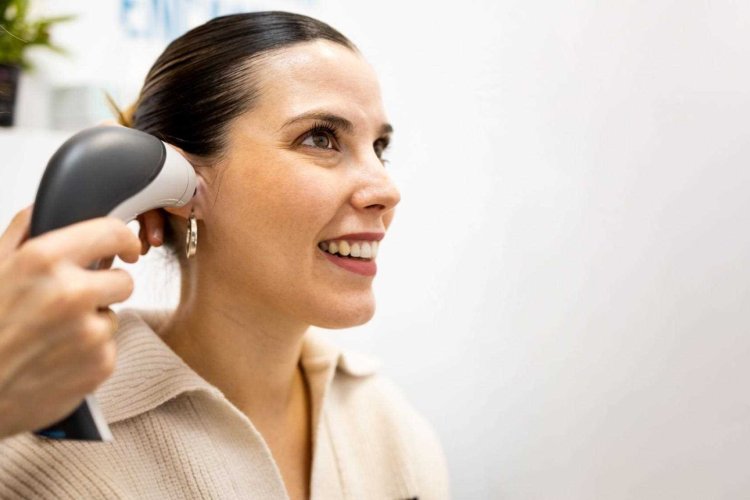Seasonal allergies are more than just an occasional annoyance for some people. In fact, irritation from pollinating plants and trees in full bloom can significantly impact your daily quality of life. The immune system responses triggered by these airborne allergens can also affect your hearing. Below, we discuss seasonal allergies and hearing loss and what you can do about it.
How Seasonal Allergies Can Affect Your Hearing
An "allergy" occurs when your body reacts to what it considers an immune system treats. In response, a chemical called histamine is released. This is what contributes to more common seasonal allergy symptoms, which include:
- Watery and red eyes
- Itchiness
- Sniffles or a stopped-up feeling
- Sneezing
- Throat irritation
One of the less-common symptoms associated with seasonal allergies is an accumulation of fluid in the middle and/or inner ear area. The reason for this buildup is to prevent the allergen from getting further into your ear. So, it's actually a protective step your body is taking. However, the fluid buildup can also throw off your sense of balance or block your ears enough to cause loss of hearing.
Try Over-the-Counter Allergy Meds
Over-the-counter allergy medications are sometimes enough to manage seasonal allergies that affect your hearing. If your hearing loss is somewhat minor, you should notice an improvement shortly after taking these medications. Check with your doctor for guidelines about the long-term use of such medicines. In some instances, it's fine to rely on OTC meds throughout the duration of the allergy season, but some stronger allergy medications are only meant to be used on a short-term basis.
Minimize Allergy Trigger Exposure
You may also experience fewer instances of hearing loss associated with seasonal allergies if you make an effort to reduce exposure to your allergy triggers. Start by seeing an allergy specialist to clearly determine your common allergy triggers, so you'll know what to avoid. If pollen is the main culprit, you may be able to reduce the severity of your reaction by:
- Keeping track of daily pollen counts
- Closing the windows on days when it's windy and humid outside
- Staying away from freshly cut grass and areas with an abundance of flowers
- Using an air purifier to improve the quality of your indoor air
- Regularly cleaning and dusting your indoor spaces and surfaces
- Cleaning with a HEPA filter to remove more allergens
You can also use a Neti pot or saline sprays to naturally clear away allergens. Another way to do this is to get a hot shower when you get home to wash off any allergens and open your sinuses.
Call Us Today
If you have any hearing-related concerns, Beltone South is here to help. Our hearing care specialists will let you know what's going on with your hearing so solutions can be discussed. We also offer a wide range of hearing aid options if other issues contribute to your hearing loss. Call today to schedule an appointment.






